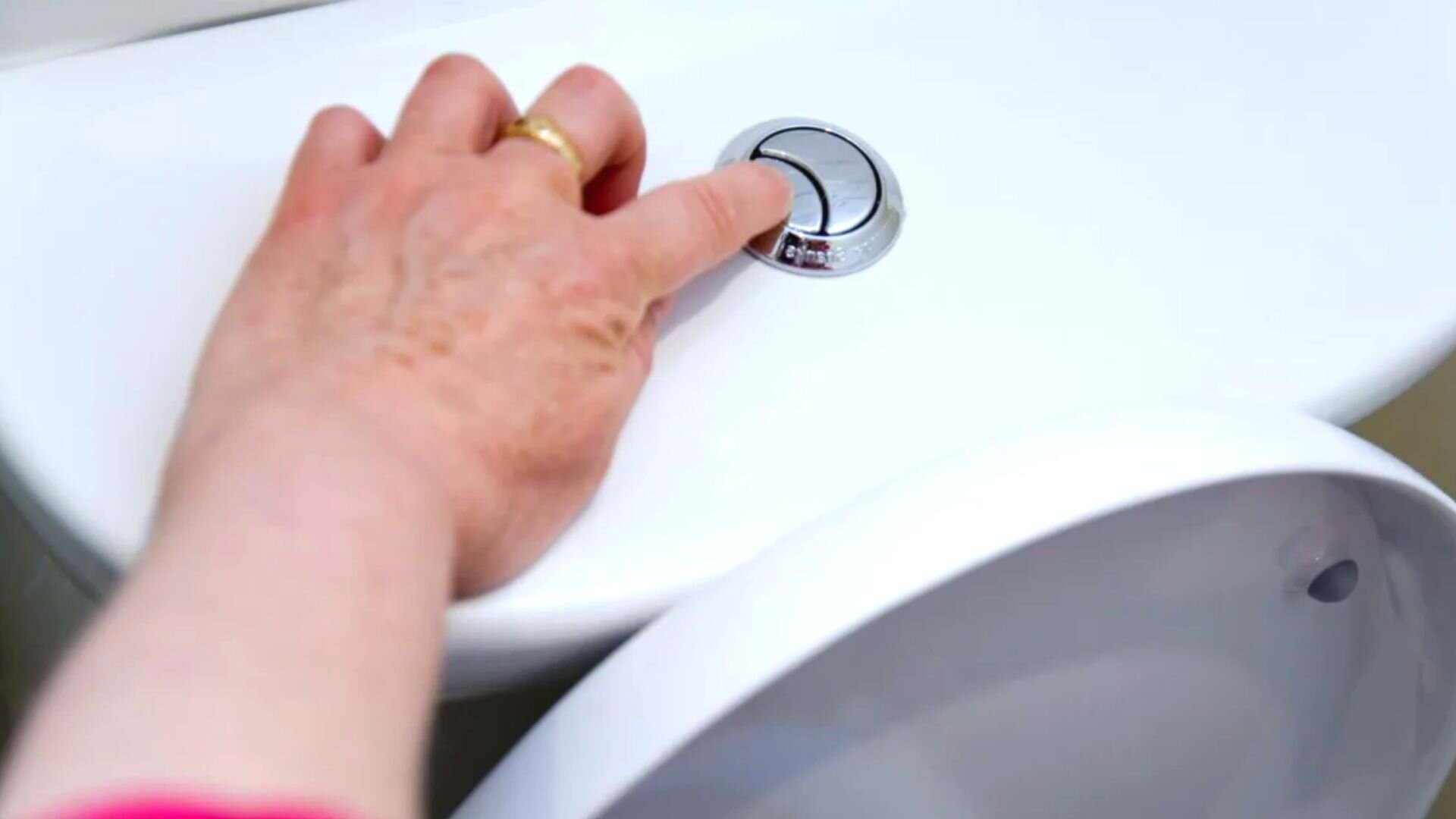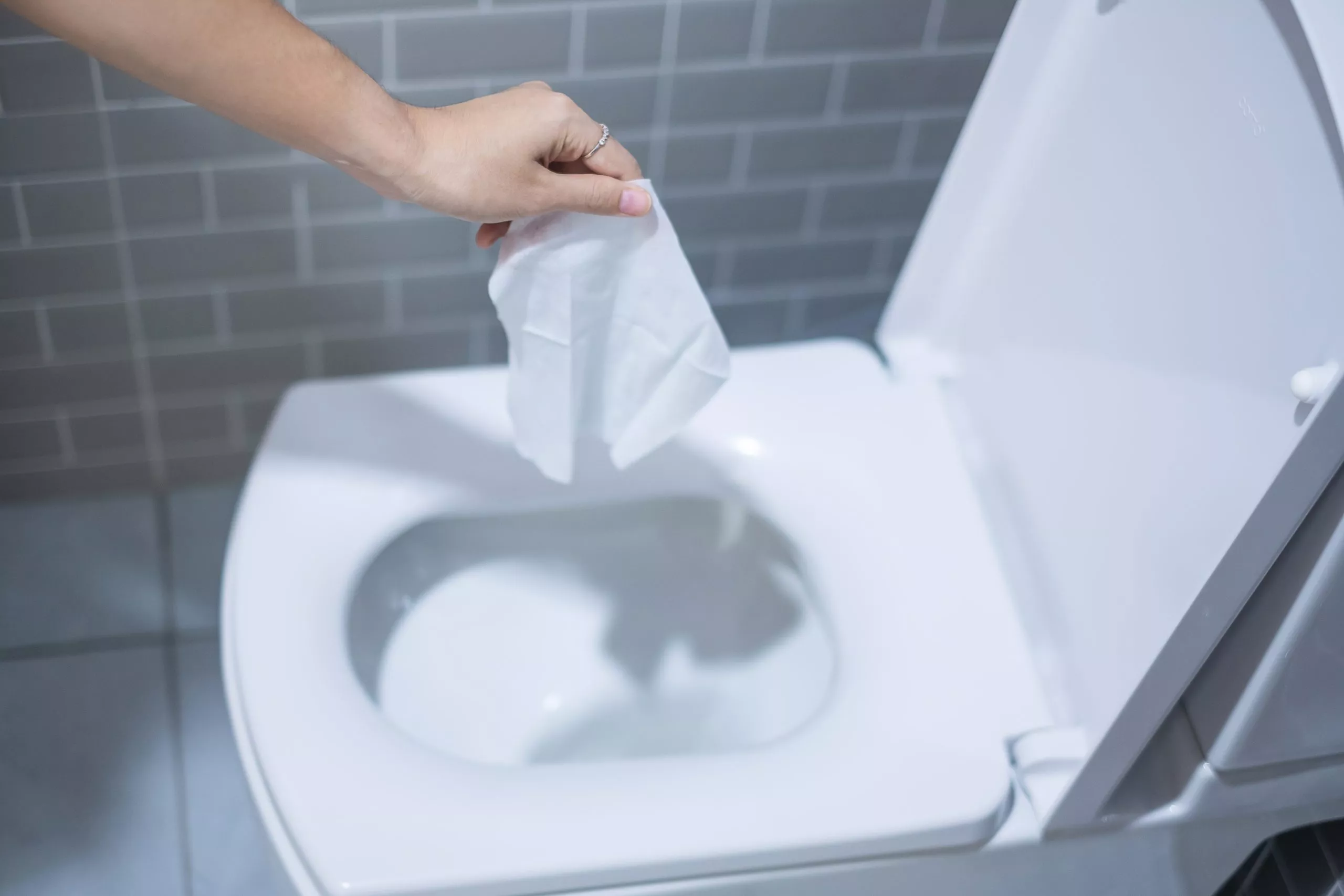
Hey there, fellow clean freaks and plumbing enthusiasts! We’ve all been there – staring at a package of “flushable” wipes, wondering if they’re truly a godsend or a recipe for a plumbing disaster. As someone who’s both passionate about hygiene and horrified by the thought of a clogged toilet, I’ve done some digging (pun intended!) to uncover the truth about these seemingly magical wipes.
What Exactly Are Flushable Wipes, Anyway?
Picture this: pre-moistened, disposable cloths, conveniently packaged and promising a cleaner, fresher you. Unlike their non-flushable counterparts (think baby wipes or makeup remover wipes), flushable wipes claim to disintegrate quickly in water, just like toilet paper. Sounds great, right? Well, here’s where things get a little murky.

The Case of the Missing Regulations
You see, there’s no official, government-regulated standard for what constitutes a “flushable” wipe. This means manufacturers can slap that label on their products without necessarily guaranteeing they’ll break down properly in your pipes. And as any plumber will tell you, a wipe that doesn’t disintegrate is a clog waiting to happen.

The Experts Speak (and They’re Not Holding Back!)
I reached out to the pros – plumbers and drain specialists who’ve seen it all – and their verdict was unanimous: when it comes to flushing, stick to the three Ps: pee, poop, and toilet paper.
“Even wipes labeled ‘flushable’ can cause major headaches,” warns Jonathan Giedrowicz, owner of Always Reliable Sewer and Drain (https://www.yelp.com/biz/always-reliable-sewer-and-drain-south-hadley). “They often don’t break down completely and can get snagged on any imperfection in your pipes, leading to clogs that are a nightmare to deal with.”
Alexander Siv of Amherst Heating and Plumbing (https://www.amhersthp.com/) echoes this sentiment. “We see it all the time – clogged drains caused by wipes. It’s a completely preventable plumbing issue that ends up costing homeowners time, money, and a whole lot of stress.”

Beyond Your Bathroom: The Environmental Impact
The trouble with flushable wipes doesn’t end with your plumbing. Even if they manage to make it through your pipes, they can wreak havoc on municipal sewer systems and wastewater treatment plants.
These wipes, often laden with non-biodegradable materials, can clog equipment and disrupt the treatment process. The result? Costly repairs and increased utility bills for everyone.

The Bottom Line: To Flush or Not to Flush?
While some brands claim their wipes are truly flushable and even meet certain industry guidelines (like those set by the International Water Services Flushability Group), the safest bet is to play it safe and toss those wipes in the trash.
Remember, a little extra caution goes a long way in keeping your plumbing happy and our environment healthy. Plus, nobody wants to experience the dreaded overflowing toilet – talk about a party foul!
FAQs: Your Flushable Wipe Questions, Answered!
Q: What’s the difference between flushable wipes and baby wipes?
A: While both might look similar, flushable wipes are designed to break down in water (though this isn’t always guaranteed). Baby wipes, on the other hand, are made from sturdier materials and are not meant to be flushed.
Q: Can I flush flushable wipes if I have a septic system?
A: It’s best to avoid flushing any type of wipe, even those labeled “flushable,” if you have a septic system. These wipes can disrupt the delicate balance of bacteria in your septic tank and lead to clogs.
Q: What are some alternatives to flushable wipes?
A: Consider using a bidet, which offers a gentle and hygienic cleansing experience. You can also opt for reusable cloth wipes that can be washed and reused, reducing waste and saving you money in the long run.
Remember, when it comes to your plumbing, it’s always better to err on the side of caution. Happy flushing!








